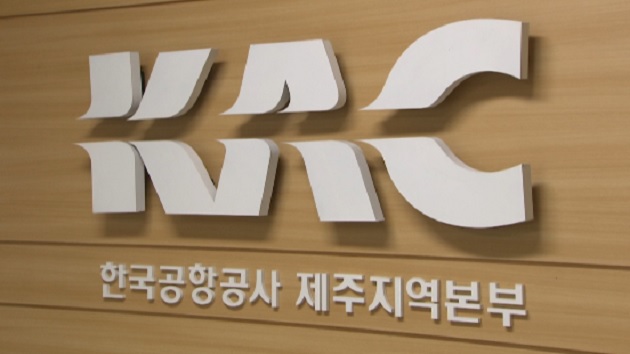
As we reported previously, the provincial government recently released its plans to secure a managing role for the island’s second airport.
The local government failed to gain operational rights of the current airport in 2006 due to strong opposition from Korea Airports Corporation.
Joseph Kim reports.
The province has selected three major tasks that should be urgently addressed for the island’s second airport, and one of them is who will take on the operational rights.
The province suggests funding the airport in the short term and establishment of a local public corporation to manage the new airport in the long term.
If the public corporation is founded, the corporation would operate not only the new airport but also the existing airport according to the draft of basic plans for the second airport.
There are cases where local governments participate in operation of an airport in the Netherlands, Germany and the US.
Foreign cases of Government Airport Ownership
(Source: Provincial Office)
Schiphol Airport, the Netherlands Municipal government 22%
Frankfurt Airport, Germany Municipal government 20.12%
US Airports Local government own or operate
But in Korea, no airport is operated by a local government body fully or partially.
The Incheon International Airport is operated by its corporate body, Incheon International Airport Corporation, and other airports in the nation are all operated by the Korea Airports Corporation.
The province has an eye to manage the operation because airports would become a huge source of revenue.
The Jeju International Airport earned 122.3 billion won last year and the net profit was 65.2 billion won.
2018 Sales of Jeju International Airport
Revenue: ₩211.3 B
Net profit: ₩65.2 B (65% from non-aviation sectors)
Notably, profits from non-aviation sectors including lease on duty free shops accounted for 65 percent.
[slug] Transfer of operational rights to the province failed in 2006
Actually, the province had once before attempted to transfer the operational rights for the current airport from the Korea Airports Corporation to the province back in 2006, but strong opposition from the corporation defeated the attempt.
The Ministry of Land, Infrastructure and Transport that directs operation of all of the airports also, of course, opposed the plan.
[slug] Jeju is third most profitable airport in the nation
The Corporation opposed it for safety reasons. Additionally, it doesn't want to lose the Jeju International Airport because income from the airport is the third highest among 12 airports nationwide following airports in (김포) Gimpo and (김해) Gimhae.
Meanwhile, the Corporation hasn't responded to the province’s recent demand for transferring operational rights to the province.
[slug] Seoul’s decision needed for the transfer
Revision of the Airport Facility Law, the Jeju Special Act, and the Local Public Enterprises Act are required for the change. Most of all, the national government's decision for the transfer is critical.
But it will be challenging to draw Seoul's agreement and revise relevant laws.
Recording
Won Heeryong / Governor
On the transfer of the operational rights, Seoul’s decision is critical. Jeju will invest in the second airport and provide a new model to run it.
씽크)원희룡 제주특별자치도지사
정부 차원의 결단 필요한 사항이다. 국가가 제주도에 시례를 준다기 보다는 새로운 운영모델을 제시하면서...
The island now has a month to reflect its hope in the basic plans as the plans will be finalized in June.
Islanders are paying attention to the province's capability to persuade Seoul to relinquish operational rights that may potentially generate huge earnings for the province.
Joseph Kim, KCTV





